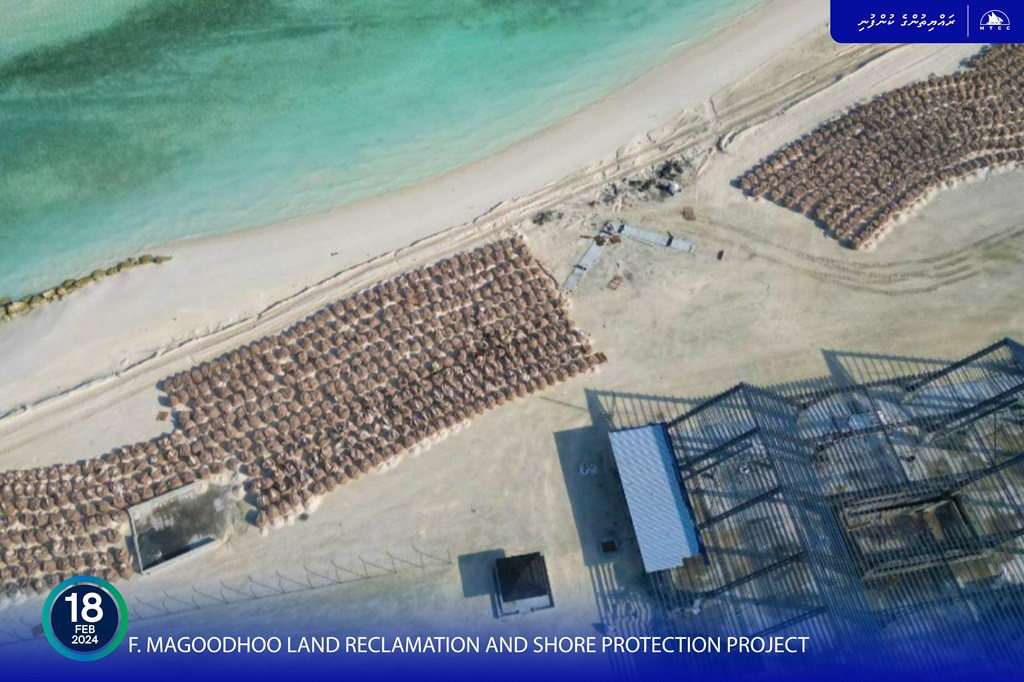16 years to Indian Ocean Tsunami: a wave of unity, remembrance floods social media
December 26th marks National Unity Day in the Maldives, memorializing the devastation caused by the 2004 Indian Ocean Tsunami

Destruction the 2004 Tsunami left in its wake; December 26th marks National Unity Day in the Maldives
December 26th marks National Unity Day in the Maldives, memorializing the devastation caused by the 2004 Indian Ocean Tsunami that left entire islands uninhabitable with 82 dead and 40 missing.
16 years on out and the trauma lives fresh in the minds of Maldivians, who took to social media on Saturday describing their tsunami experiences and in memory of all the lives lost to the wave.
President Ibrahim Mohamed Solih also took to twitter to commemorate National Unity Day, and is expected to address the nation tonight at the National Unite Day event in Republic Square.
The Boxing Day Tsunami may have been the first time in modern history that Maldives truly came face to face with our climate vulnerability as one of the lowest lying island nations on Earth.
Emergency first-responders and Coast Guard rescue personnel described absolute desolation on islands like the uninhabited Dhaalu Gemendhoo, now a veritable ghost town, and Thaa Vilufushi, which was so ravaged by the wave that surviving residents were moved to Buruni through a relocation program made possible in 2009 in collaboration with the Red Cross.
The inevitability of these waves are a climate reality; 2020 is closing out as the second hottest year on Earth since record-keeping began, and extreme weather events such as tsunamis are projected to become more and more frequent as the effects of climate change become exacerbated.
The 2004 tsunami caused more than 470 Million USD in damages (Joint Needs Assessment), which was roughly 62 percent of the Maldives' GDP at the time.
While we remember the human cost of such a tragic event, it is also critical that we view the 2004 Tsunami from an environmental and economic perspective.
Maldives' geography as an island nation, coupled with the extreme effects of climate change, have made us even more defenseless against another such wave. While natural barriers such as mangroves, reefs and coastlines continue to deteriorate as a result of hard reclamation projects, we must, as a nation, understand that we are in no position to leave ourselves so vulnerable for the next tsunami, or the one after that.
In remembrance of all the lives lost 16 years ago, it is critical that moving forward, experts-driven conversations environment preservation and be taken seriously by consecutive governments so that we may protect our homes, our people and our coastlines against impending disaster.






